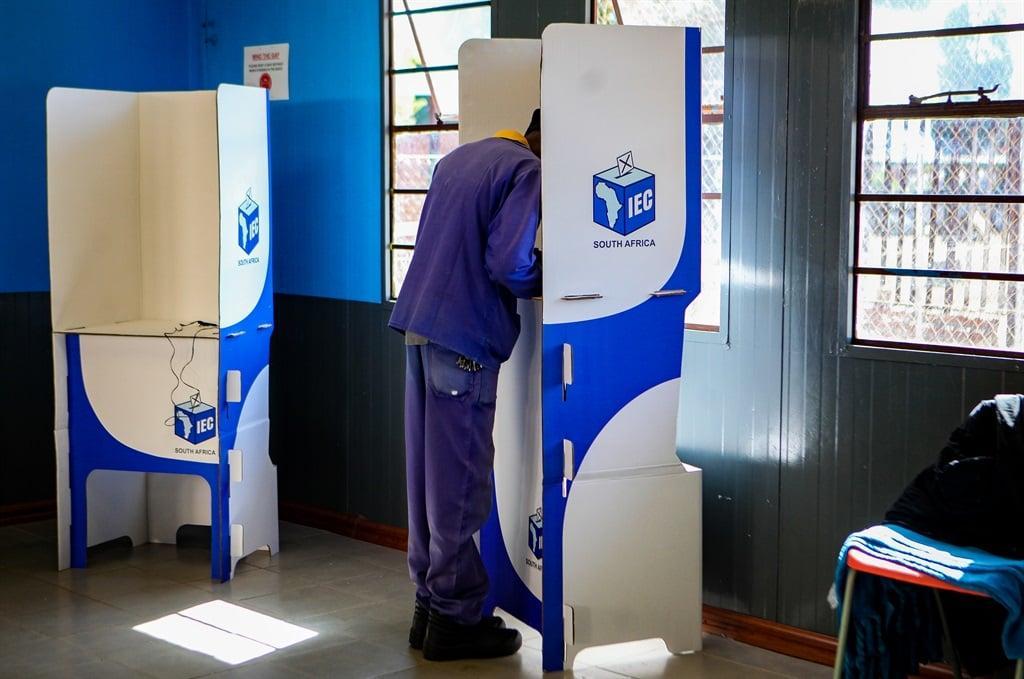Africa-Press – South-Africa. Despite two Constitutional Court challenges that could affect next year’s general elections, the Electoral Commission of SA (IEC) is steamrolling ahead with preparations.
Should the apex court give rulings that negatively impact preparations, the IEC is agile enough to adjust its plans.
This is according to deputy IEC CEO Mashego Sheburi who presented the entity’s readiness to hold next year’s polls at a meeting of civil society organisations, hosted by Defend our Democracy, in Johannesburg.
Sheburi spoke frankly about the two court applications challenging the constitutionality of the controversial Electoral Amendment Act.
“This is a legislated environment and the law has been passed. We know that there are at least two Constitutional Court challenges to the law. On our part, we persist to prepare on the basis that the election must be held no later than August 2024 in terms of the law as it stands. If the ConCourt rules otherwise, we will adjust our plans,” he said.
The court heard two applications challenging the constitutionality of the Act.
The Independent Candidate Association SA (Icasa) contended the Act treated independent candidates unfairly by requiring them to get twice the votes needed for a seat in Parliament.
In a separate case, One South Africa Movement argued that the Act’s requirement that independent candidates produce up to 14 000 signatures before they can stand for election made it impossible for them to participate in the democratic process.
But, according to Sheburi, the Icasa’s attack is very narrow.
He said:
In the One SA Movement application, he said there were two challenges: “The first one is against the requirement that unrepresented parties and independent candidates must demonstrate support equivalent to 15% of voters in the previous election. [In] the second one, they take challenge with the method of recalculating votes in the event there is a forfeiture of a seat or where an independent candidate loses membership of a legislative assembly (national or a provincial legislature),” he said.
The court has reserved judgment.
Sheburi said the court understood the urgency of the matter.
“In all the cases, the IEC has filed a motion to abide but also filed an explanatory affidavit because the court said in previous judgments it is not advisable to determine election matters without having benefit of the commission’s views,” he said.
Sheburi spoke of the logistical and administrative process to organise an election in addition to the court applications.
“An election is an administratively involved exercise. We have confirmed that all our staff are in voting stations. We have updated our systems to include independent candidates. We have all the materials in our hands for registration weekend one and in that respect we are ready. We will conclude the contracting of voting stations by the end of October,” he said.
More work will also be done to update the voters’ rolls and ensure their accuracy.
“We will also do a comparison between what Stats SA says are the estimated number of people in the country, what the Department of Home Affairs has on the population register, and what we have on the voters’ roll. This is to identify areas where there is under representation of people, to get a better understanding of the demographics, and design strategies to target those communities,” he said.
For More News And Analysis About South-Africa Follow Africa-Press






